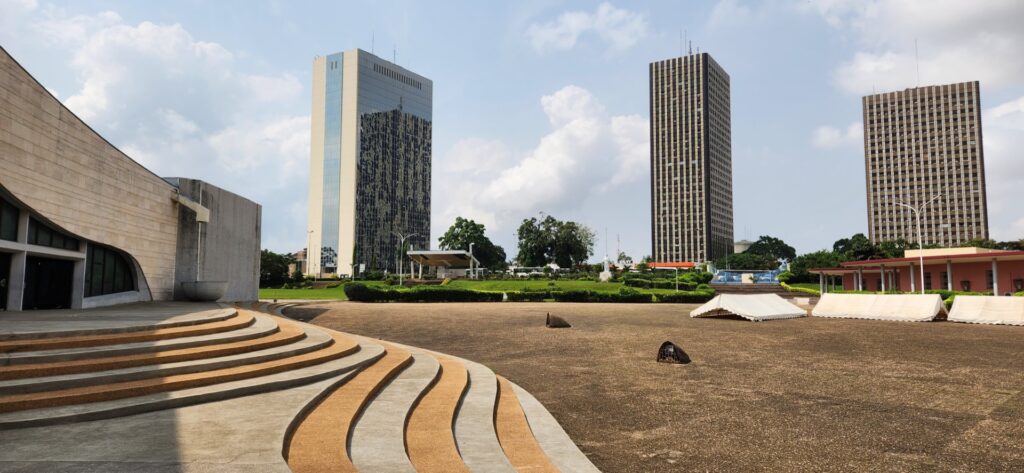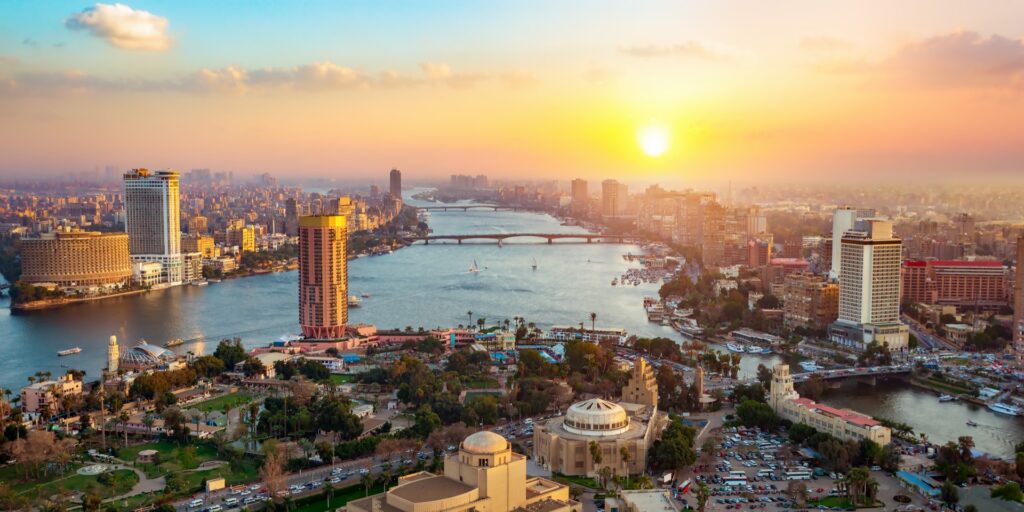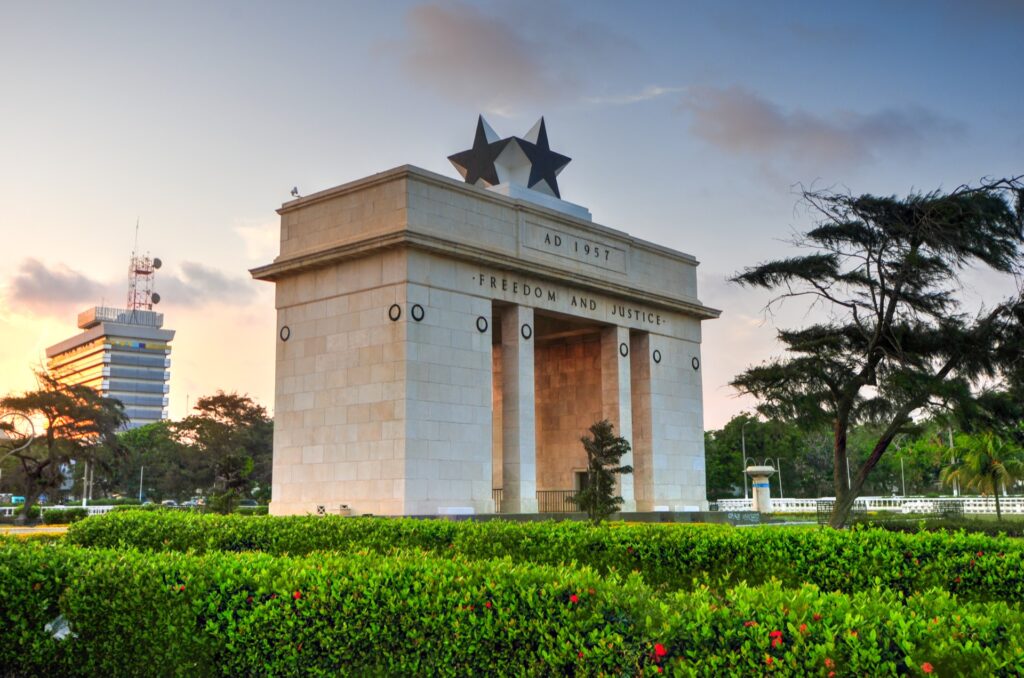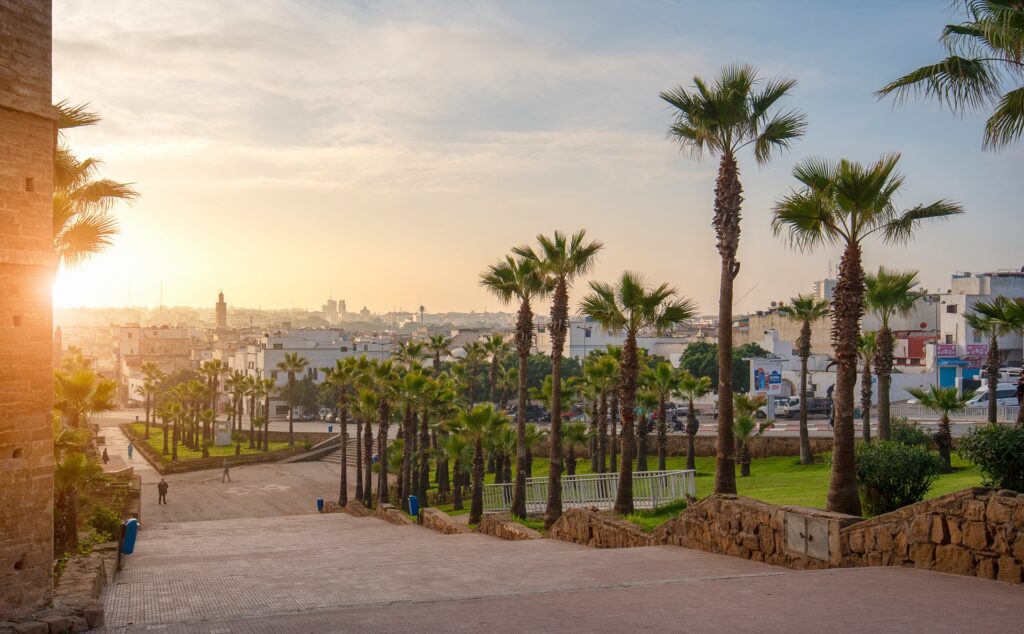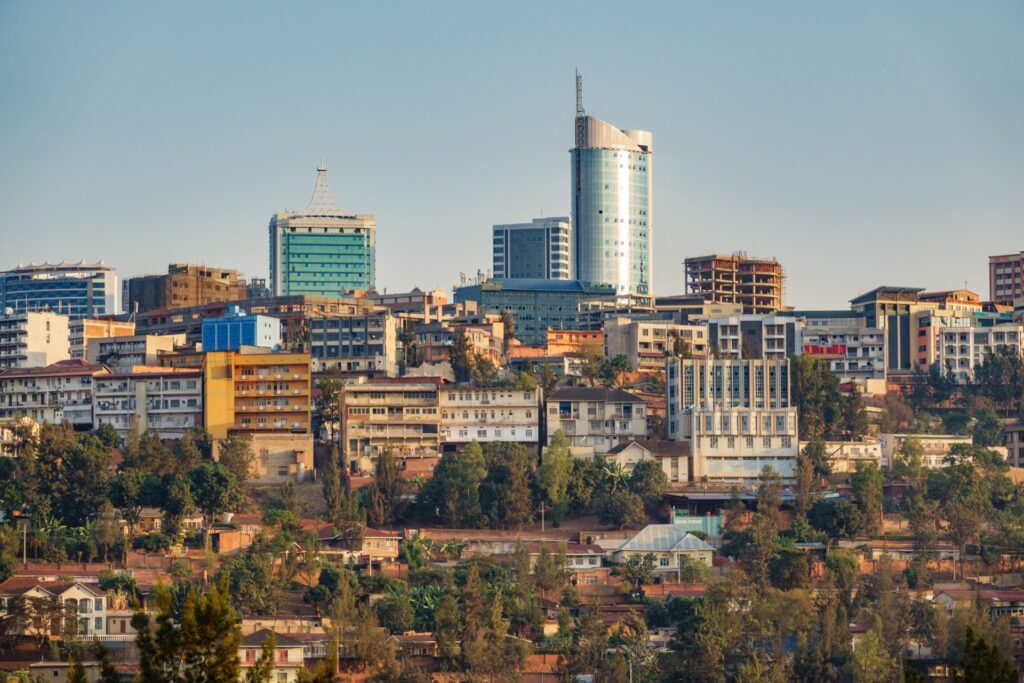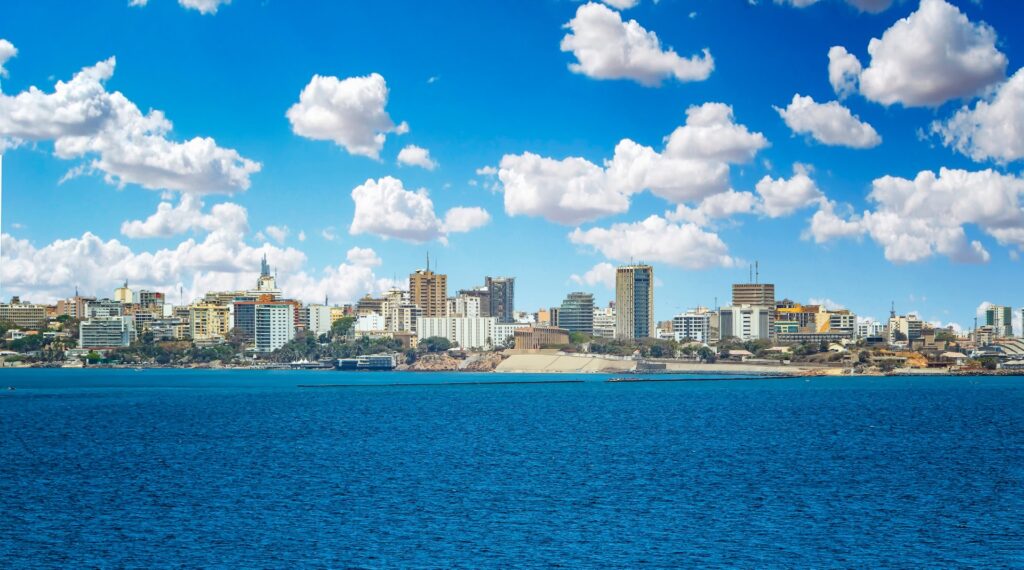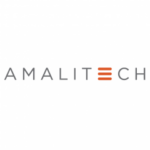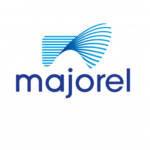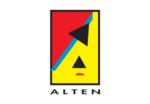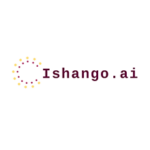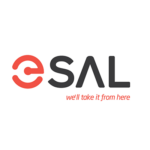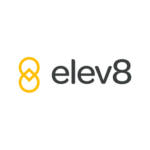Why Africa?
Africa is an extraordinarily diverse continent. 54 of the 193 UN member states are African – and those countries are on the rise. Seven of the world’s ten most dynamic economies are in Africa. Thereby, the ICT sector is one of the growth drivers on the continent: ICT companies are expanding to Africa, tech hubs are multiplying, the startup and innovation scene is flourishing. Simultaneously, the population of Africa is growing. By the middle of this century, Africa’s population will number around 2.5 billion people, making it home to 25 % of the world’s population.
As a result, around 60 % of the entire global workforce will be based in Africa by 2060 with more than 50 % of the population being younger than 20. The urban population is meant to triple by the middle of the century and the continent is expected to boast five times as many mega-cities as it does today. This growth leads to a need of 25 million new jobs every year – and African states are facing the challenge to develop such an amount of job opportunities. At the same time, Europe is expected to lack over one million skilled employees in 2030 in the digital sector only – in a time where skilled professionals are the key to innovation and competitiveness. This is to say: While Europe is desperately looking for skilled workforce, Africa offers a huge potential and pool of young, motivated talents that are looking for job opportunities. The DSAA uses those two developments to create a win-win-situation – for Africa and Europe.
1/3 fewer
people of working age by 2060
44%
of occupations are currently facing skills shortages
55%
of companies view the skills shortage as a risk already
Source: BMWK – Skilled professionals for Germany
+174%
By 2050, the number of people living in cities will triple in Sub-Saharan Africa
5 out of 10
of the biggest mega cities in the world will be in Africa, by the end of this century
93%
of the African population have access to a mobile network.
Source: BMWK – Skilled professionals for Germany
Côte d’Ivoire
Capital: Yamoussoukro
Time Zone: GMT (UTC+0)
Official Languages: French
Population: 27.5 m.
Egypt
Capital: Cairo
Time Zone: GMT+3
Official Languages: Standard Arabic
Population: 100.4 m.
Ghana
Capital: Accra
Time Zone: GMT+3
Official Languages: English
Population: 28.8 m.
Morocco
Capital: Rabat
Time Zone: GMT+1
Official Languages: Standard Arabic and Standard Moroccan Berber
Population: 36.5 m.
Rwanda
Capital: Kigali
Time Zone: GMT+2
Official Languages: Kinyarwanda, English, French, Swahili
Population: 12.6 m.
Senegal
Capital: Dakar
Time Zone: GMT
Official Languages: French
Population: 16.3 m.
Contact us
We are looking forward to hearing from you!
Get to know more about the DSAA, its member companies, and how the association can support your business by contacting us.
